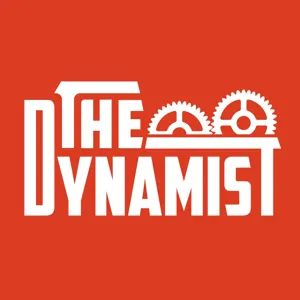Episode 38: Is Big Tech a Government Actor? w/ Ben Sperry

The White House and the state of Missouri are in a court battle over whether the Biden Administration crossed the line in trying to influence social media companies’ content moderation decisions—from Hunter Biden’s laptop to vaccine skeptics to the origins of COVID-19. The “Twitter Files,” documents released to select journalists by Elon Musk, as well as information unearthed by Missouri’s lawsuit, appear to show that the FBI, CIA, and other agencies either coerced, or heavily encouraged, social media companies to take certain actions.
Many on the right say the Biden Administration violated the First Amendment by essentially co-opting social media companies into censoring speech that the government couldn’t censor itself. But many researchers and activists working on disinformation and misinformation worry that the outcome of this case could squelch legitimate government efforts to communicate with social media companies and combat foreign efforts to influence elections and American political discourse.
So did the Biden Administration cross the line? Did Big Tech companies become “state actors?” Evan is joined by Ben Sperry, Senior Scholar of Innovation Policy at the International Center for Law and Economics and author of a new white paper on regulating misinformation on social media platforms.